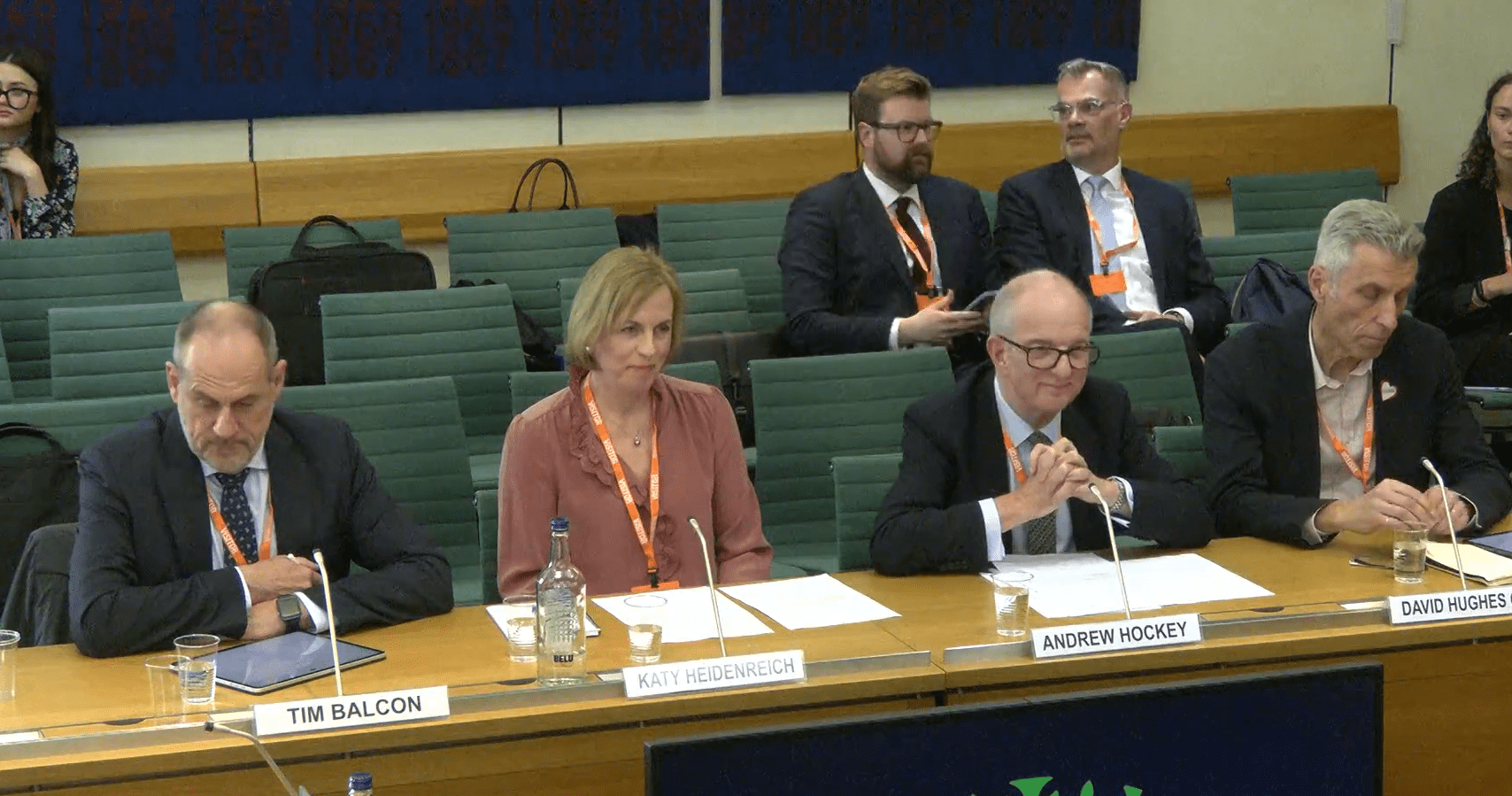The Independent Green Jobs Taskforce has published its report on how the UK can deliver a green industrial revolution, with Government, business and the education sector working together to hit the UK’s net zero 2050 target.
Established as part of the Prime Minister’s Ten Point Plan for a Green Industrial Revolution, the Taskforce comprised 17 standout individuals from diverse backgrounds in industry, academia, unions, and the education and skills sector and was jointly chaired by Ministers Anne-Marie Trevelyan at BEIS and Gillian Keegan at DfE.
Representing the Engineering Construction Industry on the Taskforce is ECITB Board member Jane Cooper; she has provided expert input on workforce skills and shared our own projections for the sector. The taskforce report groups its recommendations around three key themes:
- Unlock investment in net zero to support good quality green jobs in the UK. The taskforce calls on Government to publish its net zero strategy, extend its green recovery programme to create good quality low carbon jobs and create a UK-wide body to oversee workforce transition.
- Building pathways into good green careers: The Green Jobs Taskforce calls on Government, industry and employers to create a diverse workforce to address skills gaps, and to ensure education pathways, incorporating apprenticeships, are resourced and aligned to green jobs through effective teaching on climate change and STEM knowledge.
- A just transition for workers in the high-carbon economy: Employers, industry bodies, government and unions should work together to ensure the adult skills system is ready for the transition to net zero and to tackle barriers to retraining and upskilling so that no worker is left behind by the transition to net zero, including support for high-carbon employment areas.

ECITB Board Member Jane Cooper
Jane Cooper, who is Head of Stakeholder Relations & Regulatory Affairs for Ørsted in the UK, said: “Contributing to the Green Jobs Taskforce has been an honour and a privilege allowing me to share insights from my particular area of expertise, offshore wind, as well as representing the interests of the wider engineering construction community on the panel.
“What is clear from our recommendations is the need to establish a sustainable pipeline of talent in order to bring about the energy transition required to meet our Net Zero commitments by 2050. The ECITB aims to launch an Energy Transition Technician Scholarship later this year, which will help equip new entrants with crucial knowledge and appropriate technical skills to support net zero projects.
“While attracting the next generation of talent into engineering roles is a key target, the green jobs taskforce has identified that a significant proportion of the UK workforce already possess relevant skills, notably in engineering construction roles. Therefore, retraining and reskilling will play a critical part in meeting the demand for skilled workers and the ECITB’s Connected Competence scheme, which standardises competence and training requirements, will help make skills transfer between industry sectors more straightforward.”
In relation to key ECI energy sectors the report found:
Oil and Gas will need to adapt to reduced demand; emission mitigation measures to be rolled out in the next decade will be an area of growth. The 80,000 workers projected to leave conventional oil and gas roles by 2035 will have many opportunities in the low-carbon economy, with an estimated 90 per cent of employees in possession of transferable skills. For example in new hydrogen and CCUS, where pipe fitters and designers, leak test technicians, and offshore barge operators already possess transferable skills.
Nuclear power provides a reliable source of low-carbon electricity and will play a key role in decarbonising the UK’s electricity system. The report restates the commitment to announce one further large-scale nuclear project this parliament, deliver a Small Modular Reactor design and to build an Advanced Modular Reactor demonstrator, by the early 2030s with support from the £385m Advanced Nuclear Fund which will create and sustain many high-skilled jobs across the UK.
Renewables are well established in the UK, such as onshore wind and solar energy. The report suggests offshore wind will remain at the forefront of the UK’s energy ambitions, with an aim to have 40GW of capacity by 2030 and a £160m investment pledged for ports and manufacturing infrastructure. The workforce is forecast to grow by 170% by 2026, with increased demand for the necessary skills to reach these targets. Tidal energy is also a growth area, with a forecast 4,000 additional jobs by 2030 and 14,500 by 2040. The report identifies how many of the workforce requirements for renewables are core engineering skills, such as welding L3-4, electrical engineering L3 and project management L4. For the ECITB, this means our suite of core technical training standards and programmes remain vital to the industry and we will be updating them to ensure compatibility with emerging net zero applications.
The evidence collected by the Green Jobs Taskforce, and official recommendations, will now be considered by the Government, feeding into the development of Government’s ambitious Net Zero Strategy, due to be published ahead of the UN’s climate summit COP26 in Glasgow this November. The Net Zero Strategy will clearly set out the Government’s path to achieving net zero emissions by 2050 and meeting the UK Government’s targets to cut emissions and create new jobs and industries across the whole country.
Find out more about the Government’s Green Jobs Taskforce here
Read the Green Jobs Taskforce report in full here





